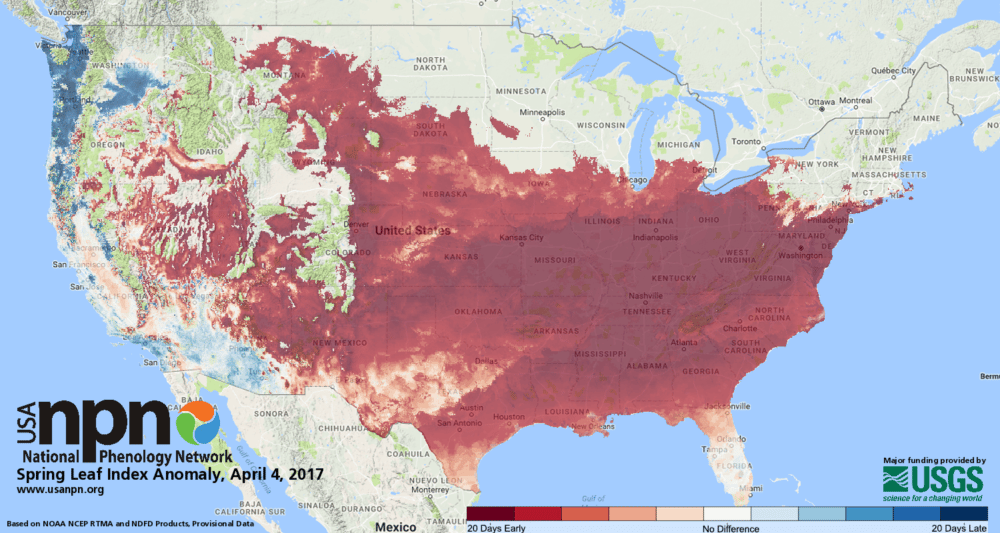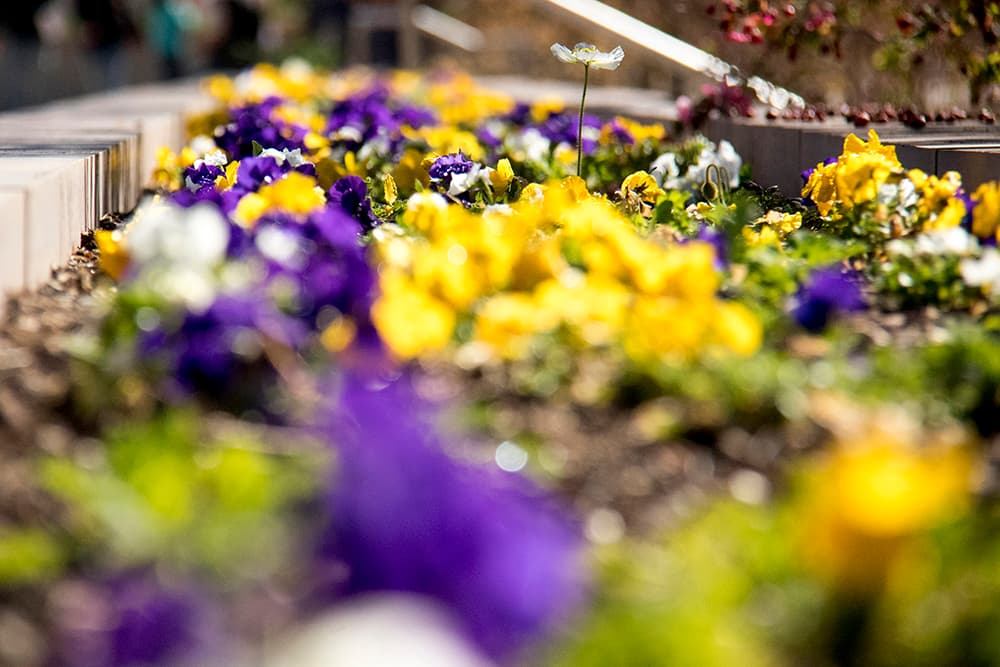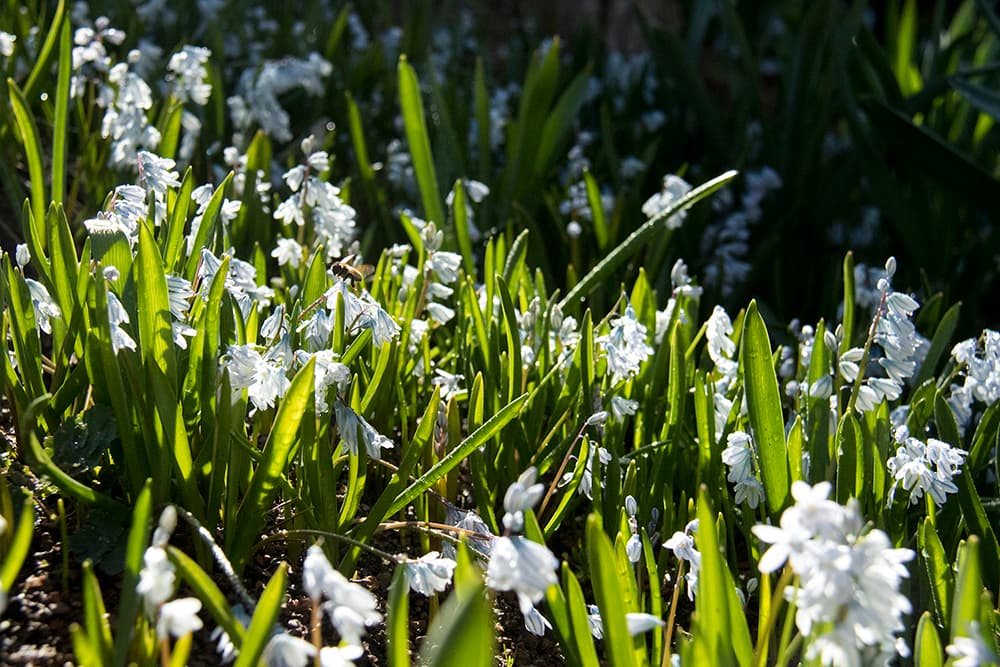After weeks of warm temperatures and rain, an April storm dumped a few inches of snow on Denver this Tuesday morning.
The timing wasn't great, botanically speaking, considering that flowers in the metro were blooming weeks ahead of time, part of a century-long trend that reflects climate change.
"Plants that have historically, decades or even centuries ago, flowered later would have avoided these spring storms, but more and more plants are now newly vulnerable to them," wrote Anna Sher, a University of Denver professor focusing on plant phenology and climate change, in an email to Denverite.

There are two main threats, she continues: The temperature and the weight of the snow.
"Freezing temperatures can obviously kill blooms, meaning that no fruit or seed will be produced that year,"
The bigger threat, she said, is the weight of wet, heavy snow on blooming branches. "Bare winter trees don’t collect much snow, but once there are leaves, snow can accumulate and result in breaking even large branches," she continued.
However, our greenery may have dodged a bullet with this storm. While it certainly produced snow, it was milder than the spring storms of years past, Sher wrote.
She expects broken branches around town, and that some early-blooming flowers will now be prematurely "done" for the season – but many of our native plants are used to this.
"Many plants in our region that are adapted to spring storms will survive fine, even if some of them won’t be producing fruit," she wrote. "For example, we should probably expect fewer crab apples (which isn’t a bad thing from a home owner perspective)."












